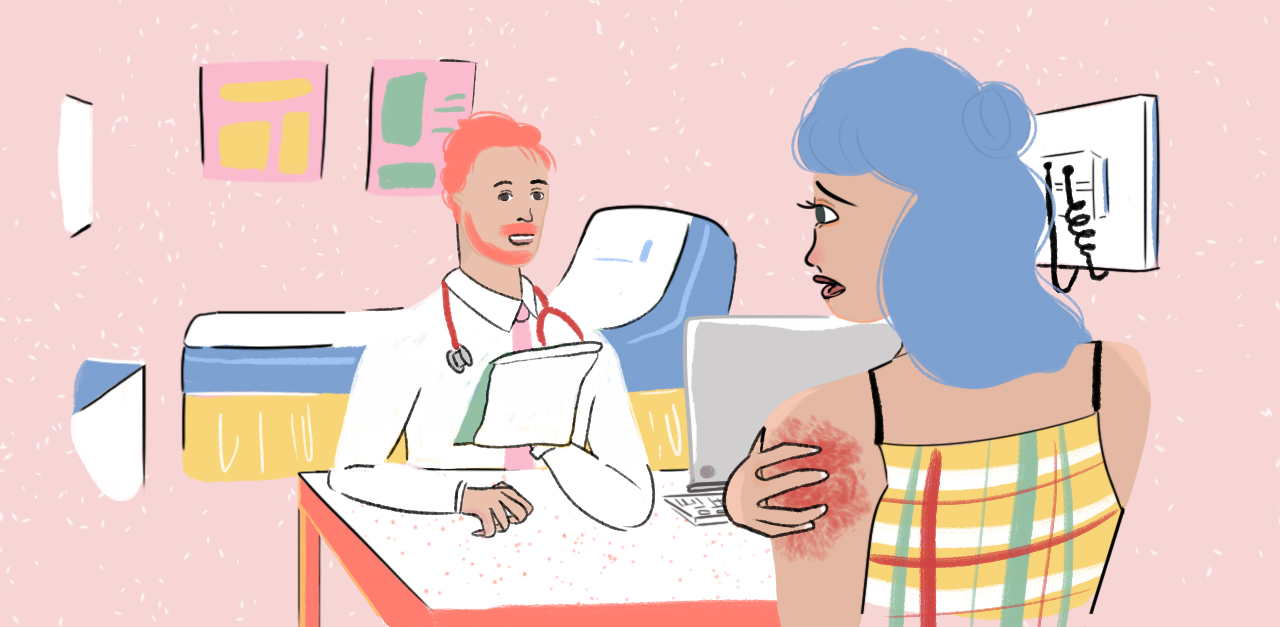
Have you ever heard of plaque psoriasis? If you haven’t, you’re not alone, but it’s actually a relatively common skin condition. The American Academy of Dermatology estimates that more than 7.5 million people in the US suffer from plaque psoriasis, which isn’t just another skin rash. In fact, it’s actually an autoimmune disorder that flares up from time to time, similar to rheumatoid arthritis or lupus.
Plaque Psoriasis Through the Ages
Plaque psoriasis is a disorder with a storied history. During biblical times, people with this condition were separated from the rest of society since they were believed to be contagious. And often, urine was used in an attempt to treat the condition, though no one really knows why or how that practice got started.
How Do You Get Plaque Psoriasis?
Because it’s an autoimmune disorder, psoriasis isn’t contagious. That means it’s OK to share a bus seat or even a bed with someone dealing with this disorder. Although doctors haven’t pinpointed exactly what causes it, they think there’s definitely a hereditary link. If someone in your family has it, you’re more likely to also deal with this skin condition. And like lupus or any other autoimmune disorder, there’s often a triggering event (like stress, injury, or illness) just prior to a flare-up.
Symptoms of Plaque Psoriasis
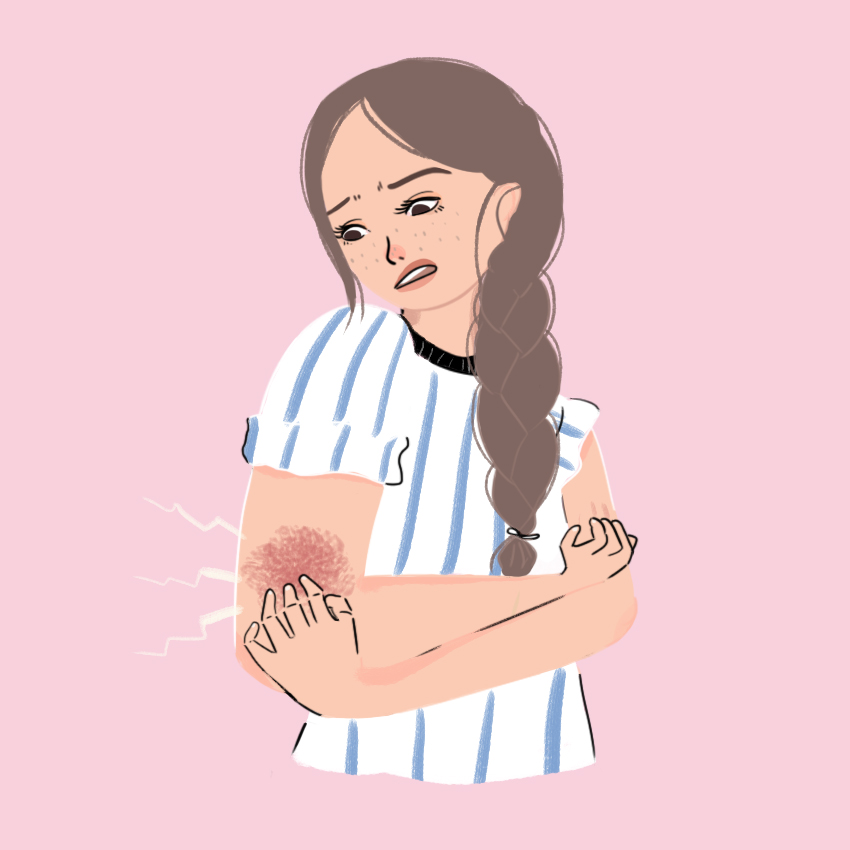
There are many different types of psoriasis, but plaque psoriasis is actually the most common. It’s characterized by large red patches on the skin, which can sometimes be covered with thick gray or silvery scales. The patches are typically itchy but can be painful as well. Since people who suffer from plaque psoriasis are extremely susceptible to a secondary condition called psoriatic arthritis, painful, swollen joints are often another symptom of plaque psoriasis.
Treatments for Plaque Psoriasis

Unfortunately, plaque psoriasis is a lifelong disorder. So while there’s no cure, there are lots of things you can do to alleviate the symptoms and reduce the occurrence of flare-ups. Let’s take a closer look at a few.
1. Medication
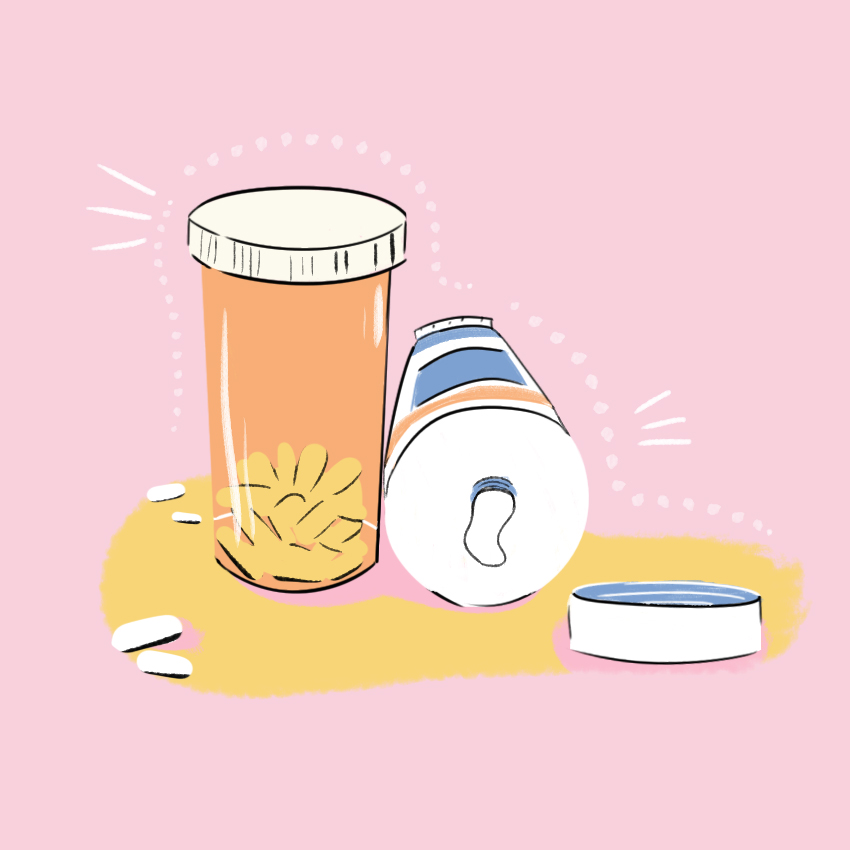
Several prescription medications are available that make the condition easier to manage. They work by suppressing the immune response that leads to bouts of psoriasis. These medicines are often combined with treatments like UV light therapy and cortisone creams, which aim to treat the rash itself.
2. Plant-Based/Gluten-Free Diet
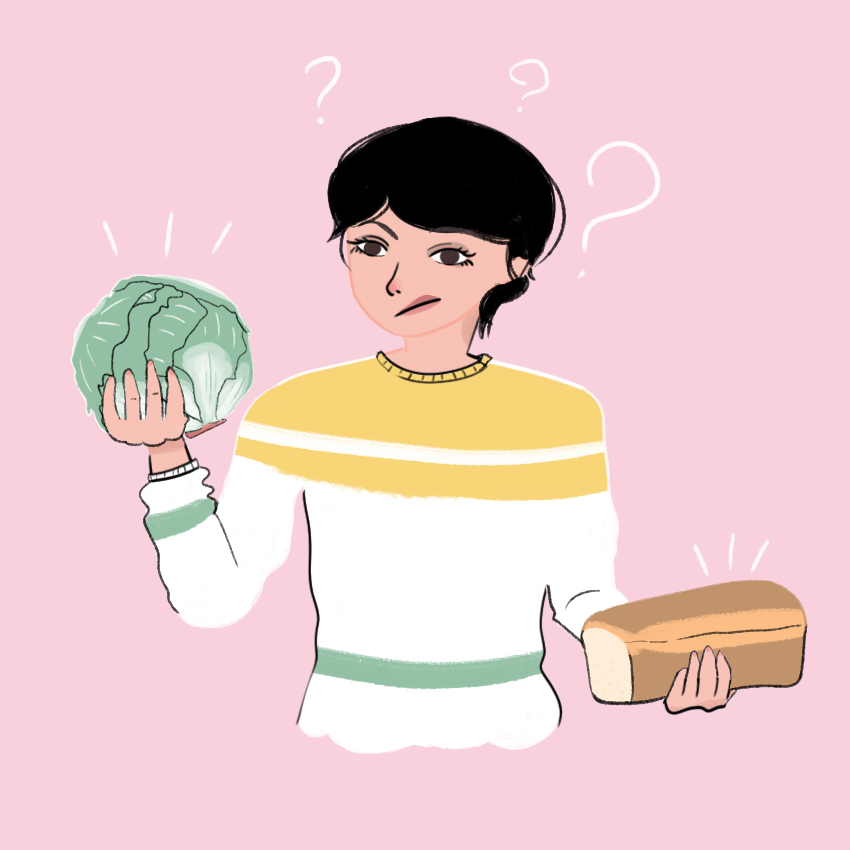
Some patients have had good luck managing their plaque psoriasis flares simply by changing their eating habits and adopting a more plant-based or even gluten-free diet. This makes sense, since more and more doctors and researchers believe that a diet high in saturated fat and high-fructose corn syrup can lead to excessive inflammation in the body. And like other autoimmune disorders, psoriasis is closely linked to inflammation.
3. Stress Management

Because psoriasis flares are thought to be linked to stressful events, having a stress management plan in place is a great way to keep your psoriasis at bay. Things like doing yoga, meditating, practicing mindfulness, taking walks, and practicing tai chi are all great activities to try if you’d like to reduce stress in your life.
Home Remedies
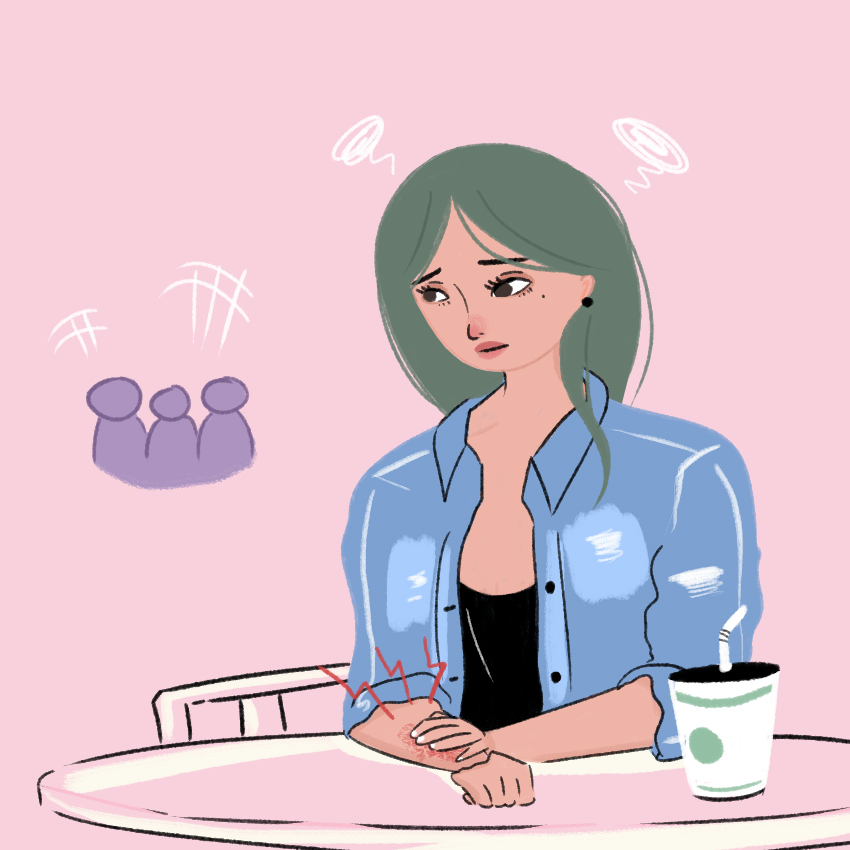
If you’re the DIY type, there are some home remedies that have proven effective against psoriasis flare-ups. Again, keep in mind that these aren’t meant to be cures for psoriasis; they’re simply things you can try to alleviate the pain and itchiness of plaque psoriasis flare-ups.
1. Pine Tar Soap
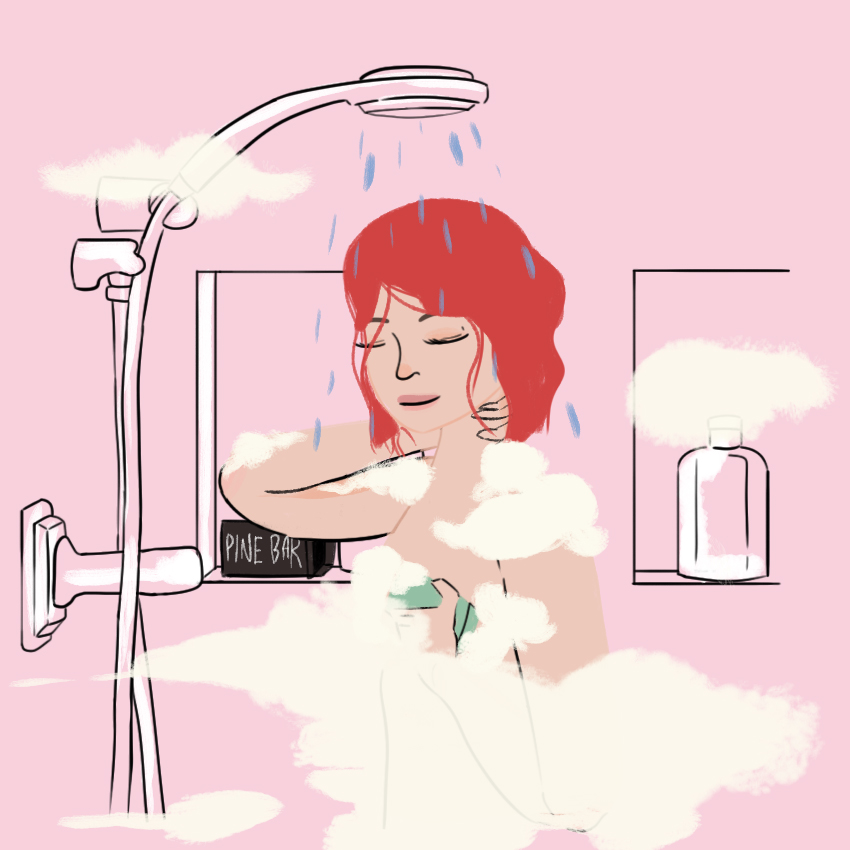
Pine tar soap is made from the sap of pine trees. It’s thought to have strong antiseptic abilities and has been used as a remedy for plaque psoriasis scales for centuries. A similar remedy is coal tar soap, which contains coal by-products and functions in basically the same way as pine tar. Both products can be difficult to find in their purest forms, but they’re among the best home remedies for plaque psoriasis. Native American reservations are fantastic places to find pure, authentic pine tar and coal tar.
2. Apple Cider Vinegar

These days, it seems there isn’t much that can’t be treated with pure apple cider vinegar, and plaque psoriasis is no exception, especially if it’s your scalp that’s feeling scaly and itchy. Simply apply directly, or if that causes additional burning and itching due to open sores, make a 50/50 mixture with water.
3. Tea Tree Oil
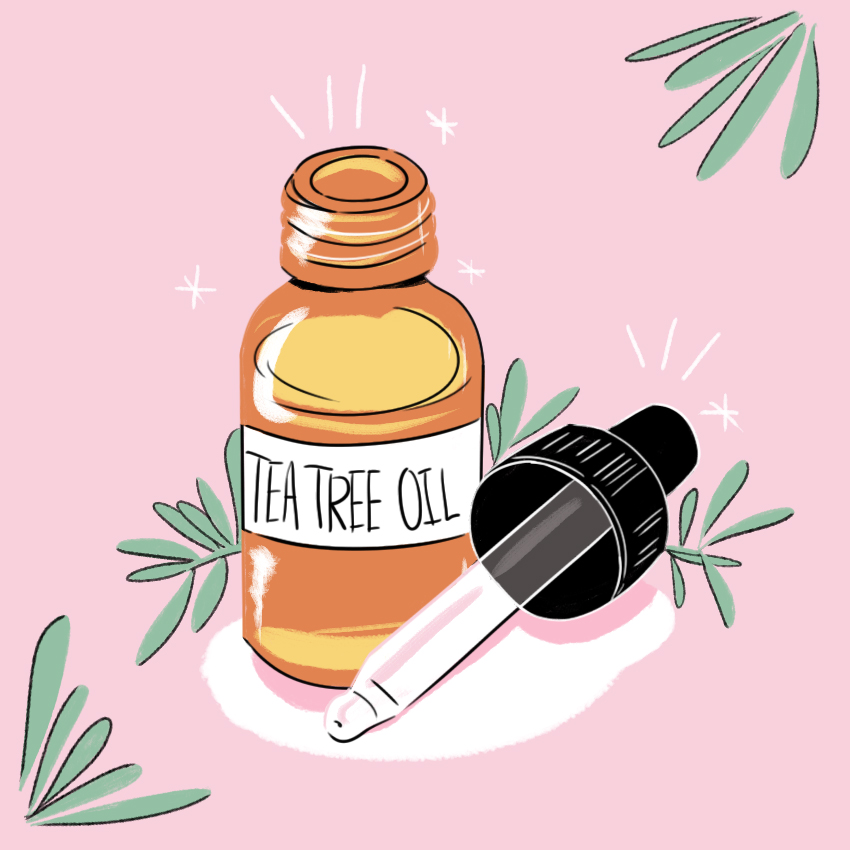
If you find that coal tar is too messy and vinegar is too strong, tea tree oil might be a great solution for you. Try mixing tea tree oil into some coconut oil and rubbing it onto your scaly areas. Both have strong antiseptic and antibacterial properties, which can help reduce the redness and scaling of psoriasis.
Before trying any at-home treatments, make sure to talk to a doctor about your symptoms. Your doctor can rule out any other disorders and help point you toward the best treatment option.




